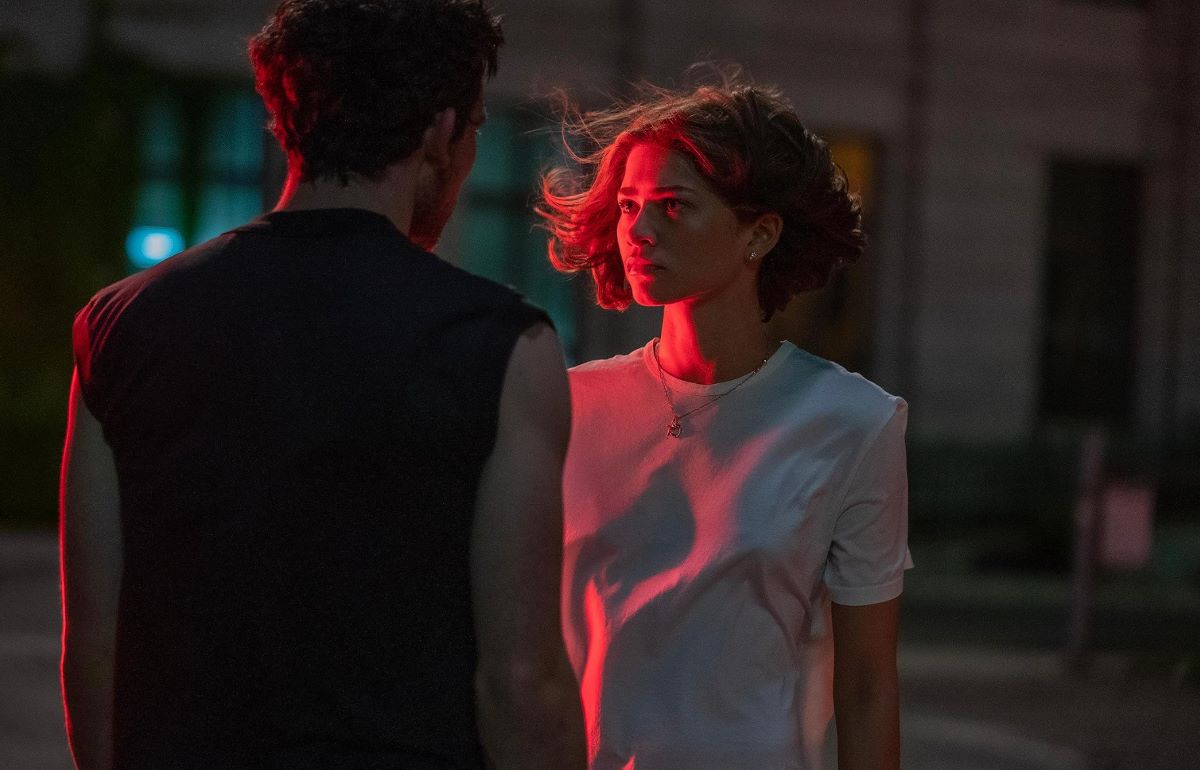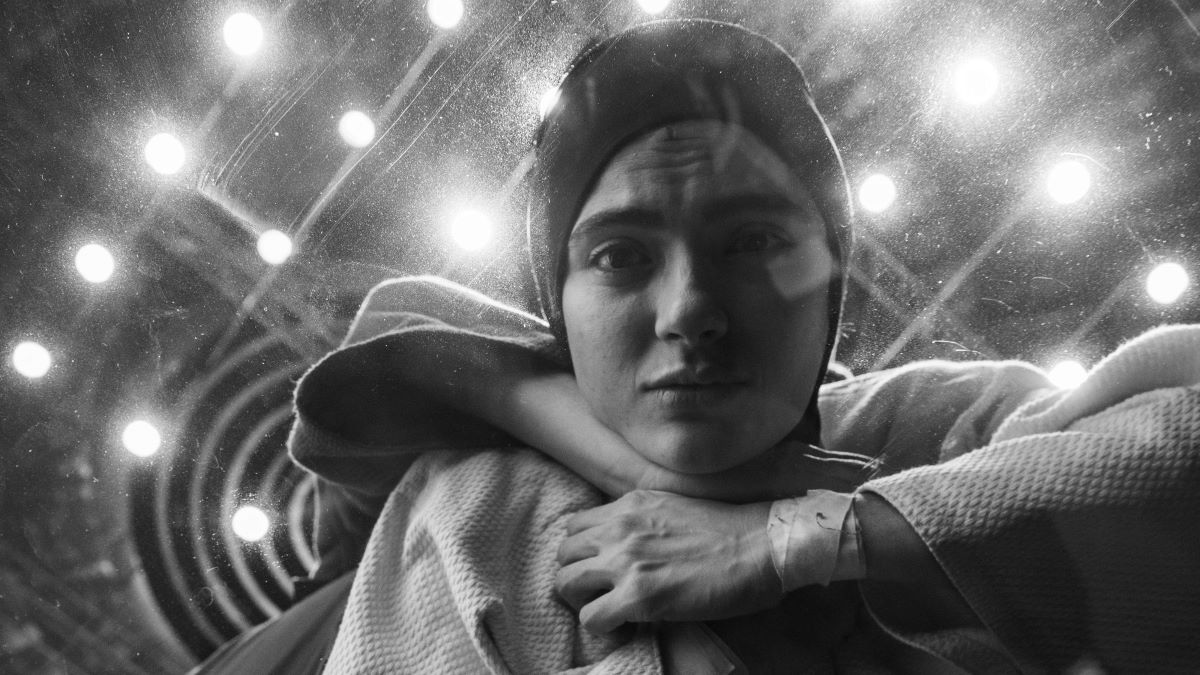by Kyle Counts
Unlikely though the pairing of Steven Spielberg and (officially credited) director Tobe Hooper may seem on Poltergeist, it is actually a marriage made in Hollywood. Spielberg, as co-author/producer (and some say director), has tempered Hooper’s harsh, visceral style with folksy humor and near-bloodless titillation, while Hooper has underscored Spielberg’s conservative, child-at-play consciousness with dark touches of Grand Guignol.
The result is a rousing ghost story in the other-worldly tradition of The Twilight Zone (see below). It is astonishing, a tad chilling, and brimming with pyrotechnical thrills. Spielberg harbors none of the cynicism that made Hooper’s Texas Chainsaw Massacre and Funhouse such brutal experiences; he respects his audience and rewards rather than punishes them for submitting to his tried and true brand of harmless manipulation.
Home invasion, a favorite theme of Spielberg’s, is the basis of his storyline for Poltergeist: a sudden upsetting of the middle-class apple cart in a “normal” suburb where the homes look identical and each family has 2.3 children as components of their American dream. Spielberg hardly denounces these values, but he does make us aware that, as picture-perfect as such an existence may seem, it does not guarantee immunity from dangerous external forces—represented by sinister phantom forces —which do a hell of a lot more than go bump in the night.
Poltergeist is particularly effective in low-key moments, which function as a warm-up for the more spectacular goings-on in the second half of the film. Audiences giggle with nervous anticipation over the poltergeist’s pyramid stacking of the kitchen chairs and Craig Reardon’s ingenious “crawling steak” because they are earthbound phenomena closer to their own realm of experience. Much of the suspense, however, dissipates once the disturbances become full-blown, but ILM’s first-rate technical effects are more than sufficient to carry the picture to its gangbuster conclusion.
Admittedly, there isn’t much more to Poltergeist than cinematic sleight-of-hand, a craftsmanlike stringing together of a series of effects sequences designed to yield substantial payoffs for the captive audience. Spielberg’s final script is skimpy on idea development—he drops the intriguing premise of the ghosts’ use of that most devilish tool of modern technology—television—to strike out at its intended victims, and rather dopey in its reverential treatment of the dead and other-dimension spirits.
He doesn’t even bother to establish connections between seemingly unrelated poltergeist manifestations. What, for instance, does an illuminated procession of ectoplasmic figures marching down the living room staircase have to do with decade-old watches and jewelry falling out of the ceiling? When Spielberg does attempt to get a bit intellectual, the dialogue defeats the sincerity of the performers and slows the movie to a crawl.
The audience screams your hear during Poltergeist are much like the overeager, cathartic kind of outburst let loose by people on amusement park rides—a reassuring laugh and sigh of relief aren’t far behind. Even if Poltergeist dazzles rather than truly scares the be-jeezus out of us, ii does deliver the high emotional pitch of a ride on a roller coaster. I he parallel couldn’t be more apropos considering who the director of the film is, regardless of how much the film genuinely reflects the work of Tobe Hooper, Poltergeist is his real Funhouse.
* * *
Mr. Spielberg, meet Mr. Matheson
by Nick Andes
Those who have perceived Poltergeist as an effective, big-budget Twilight Zone episode might not be far off the mark. Although Steven Spielberg has remained quiet on the subject, knowledgeable viewers have noticed more than a passing resemblance of “the first real ghost story” to “Little Girl Lost,” a Richard Matheson Twilight Zone episode first aired in 1962.
Matheson’s teleplay (based on his previously published short story) concerns the frantic efforts of a warm, supportive family in rescuing their young daughter from the grip of a netherworld dimension. One night, the little girl rolls out of bed and falls through a bilocated hole that has mysteriously appeared in her bedroom wall. After hearing her voice weirdly floating throughout the the house, the parents enlist the aid of a scientist familiar with extra-dimensional theory, before the father finally enters the hole himself and pulls his daughter back into the real world—tightly held in his arms. Sound familiar?
Even more interesting is another, little-known Matheson tale titled “Through Channels.” Told in the style of a tape-recorded police transcript, this story details the hysterical testimony of a teenaged boy whose entire family has been slaughtered by vague, amorphous creatures which emerged from the family’s television set.
It’s possible that Spielberg unconsciously went to the same general sources of inspiration that all writers have. More recently, Spielberg consciously went to Matheson for the script for The Twilight Zone movie. One has to speculate, though, what Matheson felt after viewing Spielberg’s latest blockbuster.
Cinefantastique, September-October 1982; p. 47




